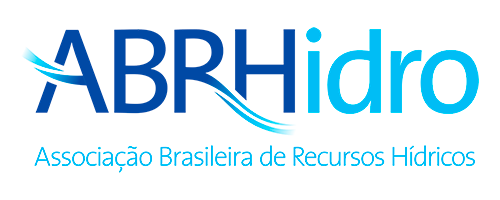XIV ENES - Encontro Nacional de Engenharia de Sedimentos
Data: 09/11/2020 à 11/11/2020
Local: Campinas/SP
ISSN: 2359-2141
Mais informações: http://www.abrhidro.org.br/xivenes
CONSEQUÊNCIAS DA INEFICIÊNCIA DOS PROJETOS DE DRENAGEM URBANA: UM DIAGNÓSTICO DO CARREGAMENTO DE SEDIMENTOS CAUSADORES DE MALEFÍCIOS À SAÚDE HUMANA
Código
ENES20200044
Autores
Andréia Monique Lermen, Naiara Jacinta Clerici, Dinalva Schein, Carolina Smaniotto Fronza, Mateus Vinicius Reis
Tema
06 - RISCOS E DESASTRES RELACIONADOS AOS SEDIMENTOS
Resumo
Humanity since its beginnings depends on the availability of quality water for public supply. Humanity since its beginnings depends on the availability of quality water for public supply. Nowadays, the inefficiency of urban drainage projects, especially in the rainy periods, causes a series of problems, which can be solved as long as there is sustainable environmental management. In the face of many natural disaster events in Brazil, there is an increasing need to seek new alternatives for the management of rainwater. In this way, the objective was to carry out a study regarding the dragging of sediments, arising from floods and runoff, also addressing the harm to human health that they may cause. This study was carried out through a brief bibliographic review through the platforms Portal Periódicos Capes and Scopus, where the descriptors "urban drainage", "human health" and "environmental solutions" were used to find works related to the theme. Through the literature, it was possible to carry out a discussion regarding the harm to human health caused by the carrying of sediments. Sediments containing heavy metals, many nutrients, hydrocarbons, among other substances are carried through runoff to bodies of water, bringing consequences that result in contamination or decrease in the quality of water resources, thus affecting human health. When there is not a correct and adequate urban drainage system, water accumulation occurs, causing the proliferation of diseases such as diarrhea, leptospirosis, cholera and amoebiasis caused by microorganisms present in the sewage, which are consequently washed away with excess water. In this sense, there is a need for sustainable technological solutions that provide the retention and subsequent appropriate treatment of these harmful compounds to human health.

